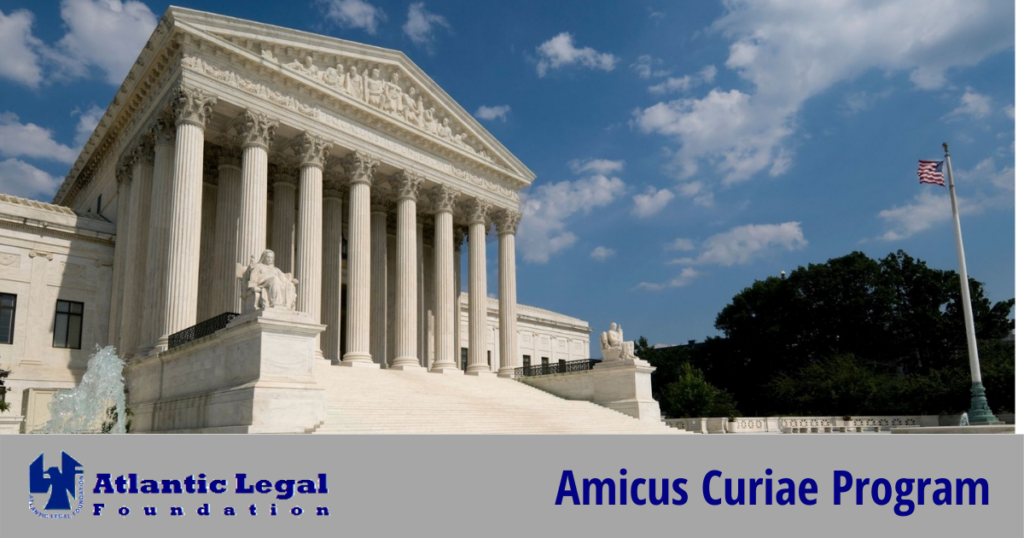On February 14, 2025 the U.S. Judicial Conference’s Advisory Committee on Appellate Rules heard testimony via Teams on proposed amendments to Federal Rule of Appellate Procedure 29. The proposed amendments would (i) expand the funding-related disclosure requirements set forth in Rule 29(a)(4)(E), and (ii) eliminate the filing of court of appeals amicus briefs with the consent of the parties, and instead, require every nongovernmental amicus brief to be accompanied by a motion for leave to file.
Over the course of three hours, approximately 20 witnesses representing a broad spectrum of organizations testified at the hearing, which was conducted by Judge Allison Eid by the U.S. Court of Appeals for the Tenth Circuit. There was an overwhelming consensus among witnesses that the proposed amendments should be rejected. The same significant opposition to the amendments is reflected in the more than 200 written comments that have been submitted into the rulemaking docket.
My own testimony on behalf of the Atlantic Legal Foundation (click below to listen) not only referenced the written comments that I submitted on behalf of ALF, but also emphasized the importance of court of appeals amicus briefs, and the many hours of effort that go into strategizing, researching, and drafting an amicus brief. I explained to the Advisory Committee that a nonprofit organization with limited resources cannot afford to invest significant time and expense in preparing a court of appeals amicus brief—while turning down other worthy amicus opportunities—if there is a risk that the brief will not be accepted for filing. The proposed elimination of filing with consent would create such a risk by destroying the current “culture of consent” among experienced appellate attorneys. This in turn would deter the filing of amicus briefs that otherwise would be beneficial to courts of appeals. The U.S. Judicial Conference should reject the proposed amendments and instead, follow the Supreme Court’s lead by neither requiring consent nor a motion for leave to file a timely amicus brief in a federal court of appeals.
Click here to listen to Larry Ebner’s testimony:
Read More Commentary On the Proposed Amendments:
U.S. Judicial Conference’s Proposed Amicus Brief Amendments Are Unfriendly To The Civil Defense Bar

